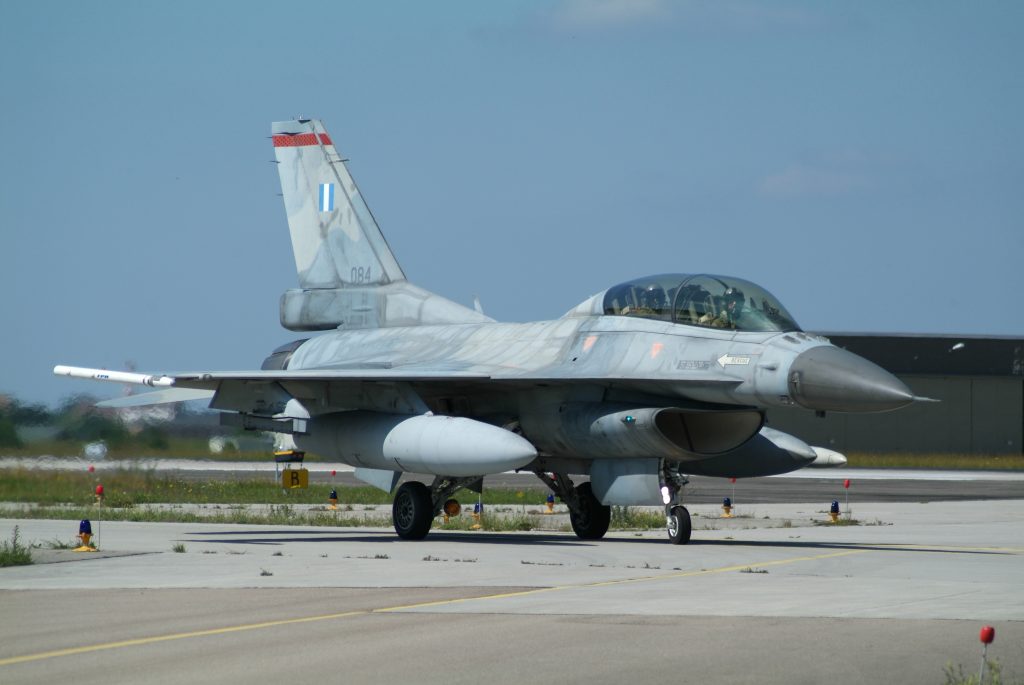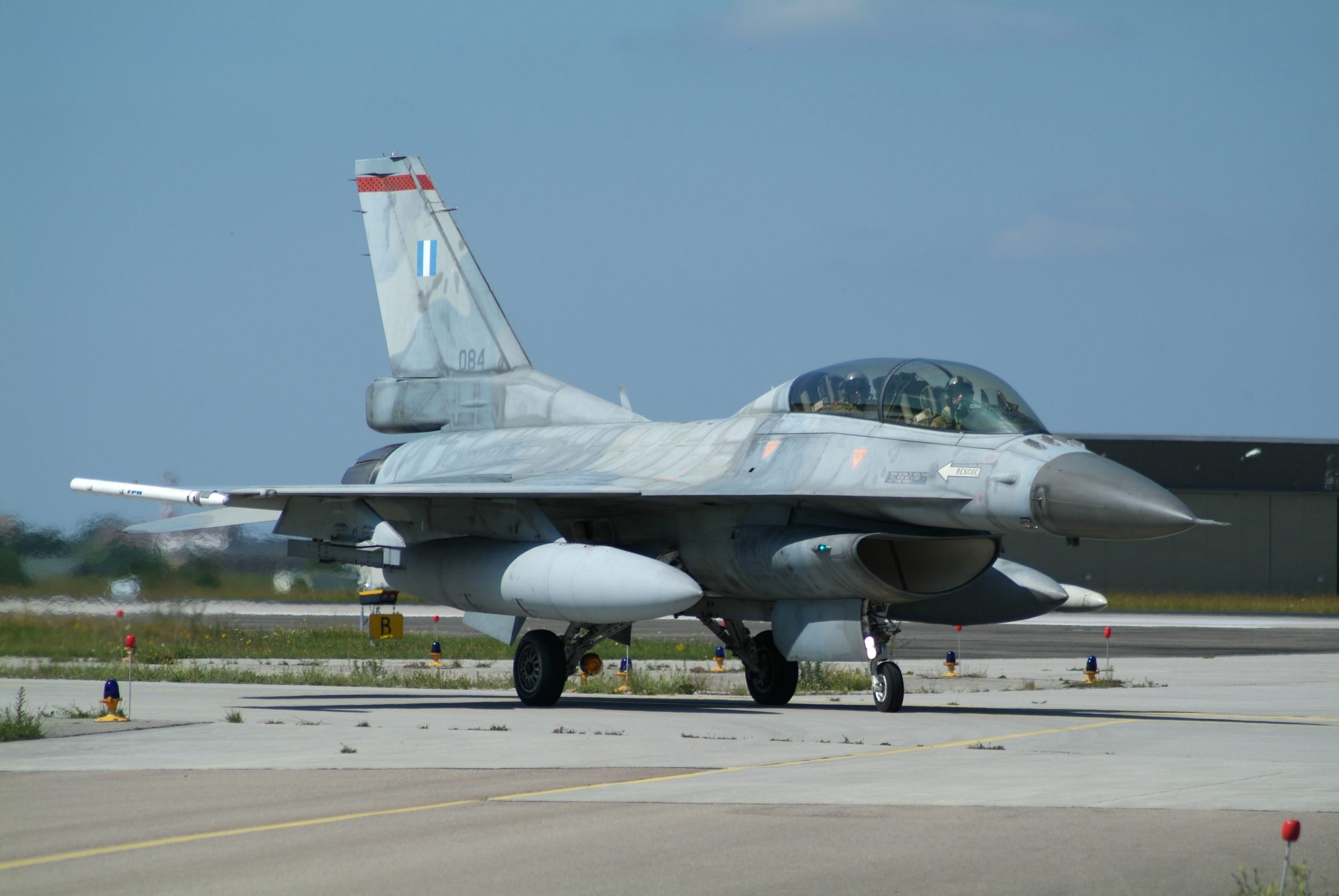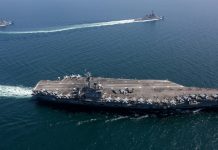
According to a report from the Turkish news source Aydınlık, the United States is seeking reimbursement for the storage and maintenance costs of F-35 fighter jets not delivered to Turkey. These aircraft have been in storage for six consecutive years, accumulating a maintenance bill of approximately $30 million. The request for these funds was first made in 2022 and has resurfaced amidst discussions regarding Turkey’s proposal to offset part of its expenditure for a new $23 billion US military gear order with the allocated funds for the F-35s.
Turkey, after being removed from the F-35 joint production program, initially attempted to rejoin through lobbying efforts and later pursued arbitration. However, the agreement signed in 2007 explicitly states that disputes are to be resolved exclusively through mutual discussion among participants and not through international courts or arbitration.
Due to the challenging and protracted nature of reclaiming payments through arbitration, Turkey opted to use the funds allocated for the F-35s to finance its F-16 order instead. However, the US contends that it is not obligated to provide compensation.
Originally, the Turkish Air Force planned to acquire 100 F-35s, with an initial order of 30. Delivery was scheduled to begin in 2018, with subsequent deliveries increasing annually.
The strategy also encompassed plans for 34 Turkish pilots to undergo specialized F-35 training in the US. However, these plans were abruptly halted due to the US decision to impose an embargo and CAATSA sanctions on Turkey, prompted by Turkey’s acquisition of the S-400 anti-aircraft missile system.
Amidst the backdrop of these sanctions, six F-35As designated for the Turkish Air Force had completed production prior to the embargo announcement. Consequently, Turkey was officially expelled from the F-35 program as of September 2021, despite having already expended a substantial amount of US$1.4 billion on the program.
The expulsion of Turkey from the F-35 fighter jet program was a direct consequence of Ankara’s procurement of the Russian S-400 air defense system. Concerns raised by the US and other NATO allies centered on the potential security risks posed by the S-400 system to F-35 technology.
It’s imperative to recognize that Turkey’s expulsion was not a sudden decision but rather the culmination of a series of diplomatic incidents and ongoing disputes. The US had consistently cautioned Turkey about the consequences of acquiring the S-400 system.
The primary concern for the US and NATO revolved around the S-400’s potential to enable Russia to clandestinely obtain classified information about the F-35. As one of the world’s most sophisticated missile defense systems, the S-400 could exploit its radar capabilities to reveal the intricacies of the F-35’s capabilities.
Further exacerbating Turkey’s expulsion was the perceived geopolitical instability resulting from Turkey’s alignment with Russia, which threatened to disrupt the regional power dynamics.
Additionally, internal politics within the US played a role in solidifying Turkey’s exclusion from the F-35 program. A bipartisan consensus in Congress supported the decision, emphasizing the need for Turkey to face the consequences of its contentious S-400 purchase.
Turkey is currently facing heightened scrutiny, particularly concerning its procurement of F-16 fighter jets. US Senator Chris Van Hollen, a prominent figure in the Senate, has disclosed assurances from President Biden regarding Turkey’s adherence to conditions related to the F-16 delivery. Van Hollen is pressing the Biden administration to make it unequivocally clear to Turkey that any violation of these conditions will result in consequences.
The official announcement from the US State Department to Congress regarding the planned sale of 40 F-16 Block 70 fighter jets to Turkey, along with upgrade kits and a substantial quantity of ammunition, has sparked debates in the Senate. Senator Chris Van Hollen, a member of the Foreign Relations Committee responsible for approving such sales, has weighed in on the matter. He has addressed various sensitive issues, including Turkey’s military activities in the Aegean Sea and Northern Syria, as well as its relationship with Azerbaijan and Armenia. Van Hollen emphasized the necessity of closely monitoring Turkey in the coming weeks.
A study published by the Congressional Research Service on March 31, 2023, indicates that Turkey may have to wait up to three years before receiving any F-16 deliveries. The report highlights Lockheed Martin’s production capacity and backlog, suggesting that Turkey’s procurement could face discontinuation if it works against US interests during the waiting period. The report emphasizes that Congress or the administration retains the authority to halt or adjust the sale should Turkey act against US interests in the future.
The report advises Turkey to refrain from initiating further ground operations in Syria, reduce its flights over the Aegean Sea, sever military ties with Russia, and cease any efforts to dissolve the HDP.





